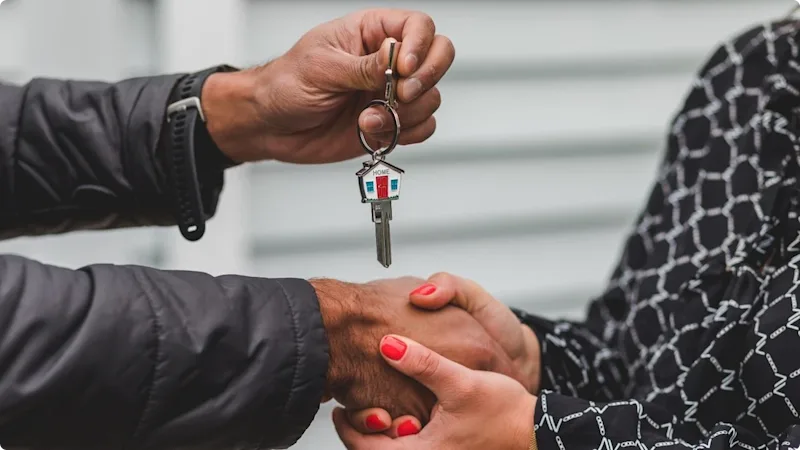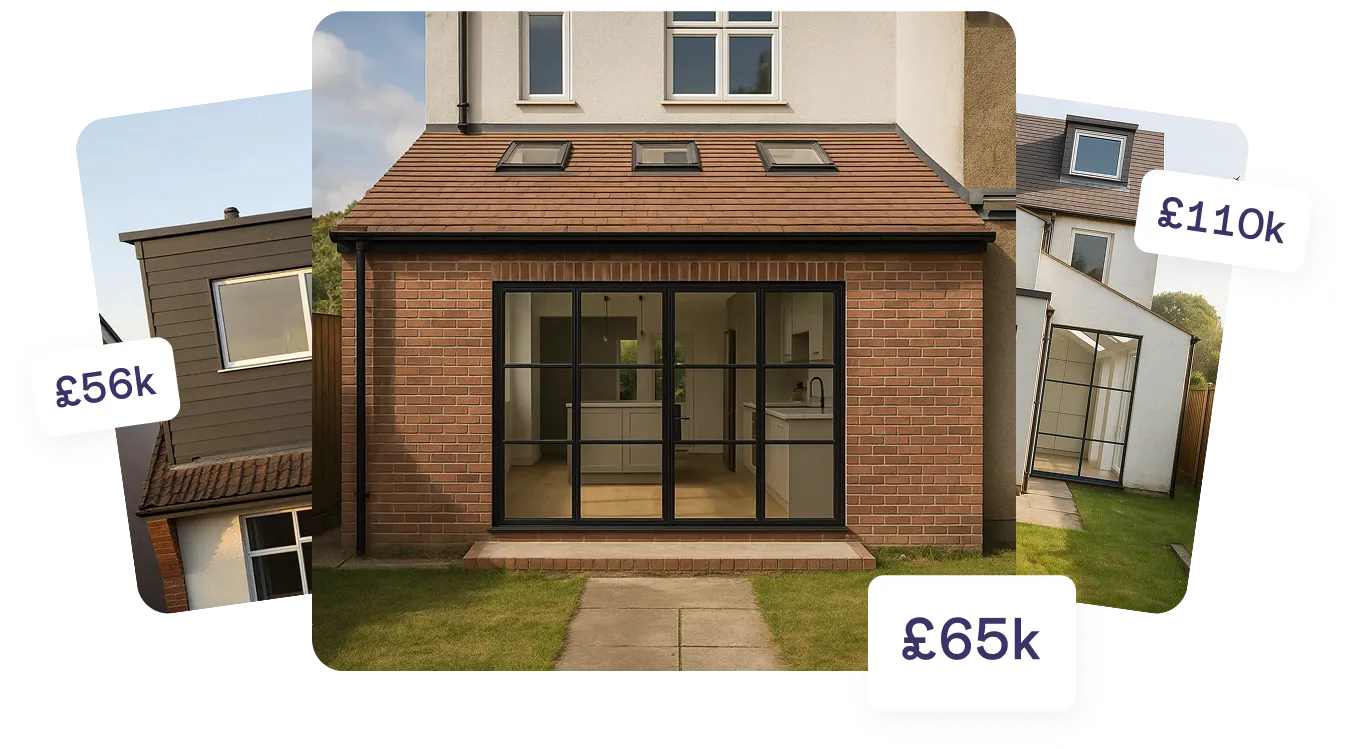Help to Buy loans are a great way for people to get on to the property ladder who would otherwise struggle to afford a house.
While many people have the means to make monthly mortgage repayments, the deposit presents the biggest financial challenge for many. This is where a Help to Buy loan comes in handy, but it can become expensive if you’re not careful about when you pay it back.
If you're not sure when it's the best time to pay off a Help to Buy loan, here's a breakdown of everything you need to know about this scheme...
How does a shared equity mortgage work?
If you take out a Help to Buy loan, you’ll have what’s known as a shared equity mortgage. This means that the government owns a share of the property’s value until the loan is paid off.
The loan and its repayments therefore relate to the property’s current value and not its purchase price. This means that you’ll be required to repay more money if house prices rise, or you could pay less than the initial loan amount if the property drops in value.
The loan must be paid off either when you sell the house or at the end of your mortgage term, whichever comes first.




